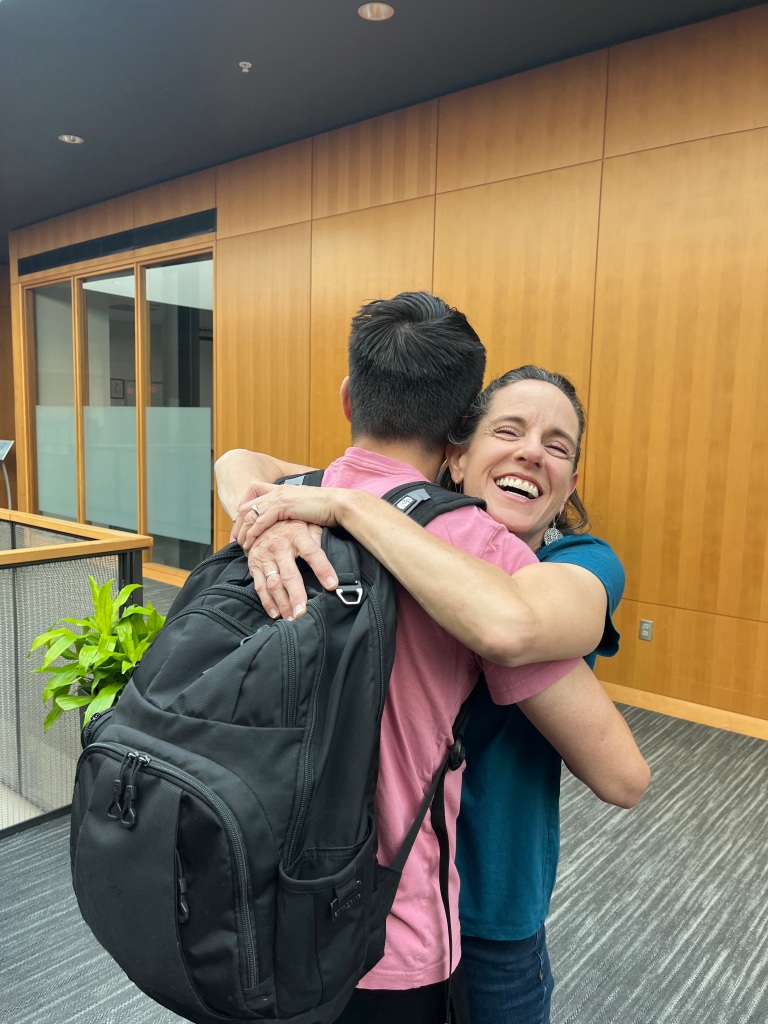
Christianity Today recently named Christopher Watkin’s Biblical Critical Theory its book of the year. A men’s group I am a part of began studying Watkin’s book back in May and this Saturday we complete the final chapter, which has been quite the accomplishment as it is a 650+ page book! More than anything, the fellowship and the study has been edifying and strengthening to those who were able to complete the study with me (a total of five of us). In the final chapter, I wanted to leave a powerful statement from pp. 586-87 of Watkin’s book about how, despite the decline of Christianity here in the secular west, the Good News of Jesus is exploding globally at this time:
Today, the Christian faith is a truly worldwide community, a “rainbow people,” including nearly one million Christians in Iran, and seventy to a hundred million in China. Christianity, furthermore, is the most radically decentered of all the world faiths. Its geographical centre has moved across its history as no other religion’s has, and as the geographical center of secular humanism has not either (it remains resolutely Western). Christianity was born in the Middle East, captured the mind and heart of Europe, spread to the Americas, and is now on the decline in the West but rapidly growing in the Far East, Latin America, China, and much of Africa: “There are now six times more Anglicans in Nigeria alone than there are in the United States. There are more Presbyterians in Ghana than in the United States and Scotland combined. South Korea has gone from 1 percent to 40 percent Christian in a hundred years, and experts believe the same thing is going to happen in China. The transcultural diversity within the Christian church dwarfs the diversity of those champions of republican and democratic models who are claiming in the West today, that the church is bigoted and that secular humanism is the standard- bearer of true diversity.
Christianity is not transforming all its diverse adherents into cookie-cutter clones of each other. Far from it: “When Africans began to read the Bible in their own languages many began to see in Christ the final solution to their own historic longings and aspirations as Africans.” In Timothy Keller’s language, the gospel enables (we might even say “empowers”) Ghanaians to be fulfilled Ghanaians, South Koreans to be fulfilled South Koreans and Iranians to be fulfilled Iranians.”


Leave a comment